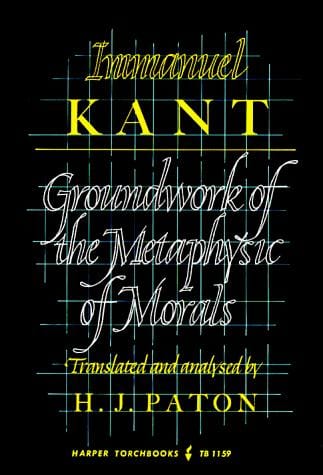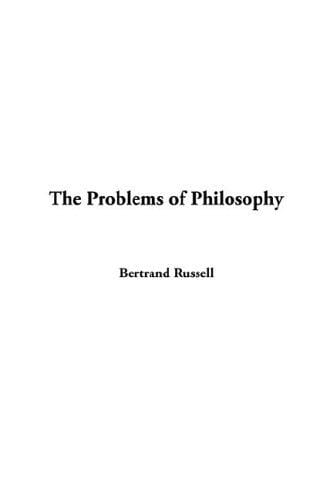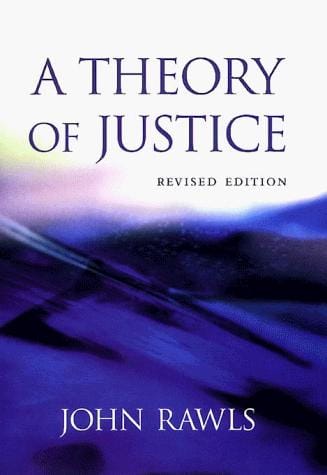Groundwork of the Metaphysic of Morals: Understanding Kant’s Ethical Cornerstone
Learn why Kant's Groundwork of the Metaphysic of Morals still shapes ethics, human rights, and the idea of duty. An accessible 800-word exploration.

Introduction
Immanuel Kant’s "Groundwork of the Metaphysic of Morals" (1785) is one of the most influential texts in Western moral philosophy. In fewer than one hundred pages, Kant attempts nothing less than to identify, justify, and clarify the supreme principle of morality. Because the work is concise yet conceptually dense, many readers struggle to see how its arguments connect or why they still matter. This article offers an accessible overview of the Groundwork’s aims, structure, and key ideas and explains why modern discussions of ethics, law, and human rights continue to reference Kant’s brief but monumental treatise.
Who Was Immanuel Kant?
Born in Königsberg in 1724, Kant spent his entire life within walking distance of his home city but managed to revolutionize philosophy worldwide. Before turning to moral theory, he produced the "Critique of Pure Reason," redefining metaphysics and epistemology. The Groundwork marks the first of his major ethical writings, laying the foundation for the later "Critique of Practical Reason" and "Metaphysics of Morals." Kant’s goal was to move moral philosophy away from empirical psychology and religious dogma toward a rational, universally valid basis grounded in human reason alone.
The Purpose of the Groundwork
Kant explicitly states that the Groundwork seeks to "seek out and establish the supreme principle of morality." Unlike many ethical treatises that start with concrete examples or social observations, Kant starts in the realm of pure reason. He argues that only by isolating what is unconditionally good can we provide reliable guidance for any situation. Practical application matters, but it must follow from a principle that is valid everywhere and at all times, regardless of personal desires, cultural norms, or likely consequences.
Key Concept: The Good Will
For Kant, the only thing that is good without qualification is a good will. Intelligence, courage, and wealth can all be used for evil, but a will that is determined by respect for moral law is good in itself. The goodness of the will does not depend on the success of its actions; even if external circumstances thwart the intended outcome, the moral worth remains intact. This focus on intention rather than consequence differentiates Kant from utilitarian thinkers who measure rightness by the amount of happiness produced.
Key Concept: Duty
Duty is the practical expression of a good will. According to Kant, truly moral actions are performed not merely in accordance with duty but from duty. If a shopkeeper gives correct change only to keep customers coming back, the action aligns with duty but lacks moral worth. If the same shopkeeper does so because honesty is a moral obligation, the action possesses genuine worth. By stressing motive, Kant emphasizes the autonomy of moral agents: our capacity to legislate moral law for ourselves through reason.
Key Concept: The Categorical Imperative
The heart of the Groundwork is the categorical imperative, the formula that tests whether a maxim—a personal rule of action—can qualify as moral law. Kant offers several formulations, the most famous of which states: "Act only according to that maxim whereby you can at the same time will that it should become a universal law." If universalizing a maxim leads to contradiction or a world no rational agent could accept, the action is forbidden. Another formulation treats humanity, in oneself and others, always as an end and never merely as a means, thereby grounding respect for individual rights and dignity.
The Structure of the Groundwork
The text divides into three sections, each with a specific task. Section I moves from common moral experience to the concept of a good will and duty. Section II introduces the categorical imperative and demonstrates how it governs everyday moral judgments. Section III argues that rational beings are free and therefore subject to self-imposed moral law. Kant’s progressive method—moving from ordinary examples to abstract principles and then back to freedom—mirrors a scientific proof but remains firmly rooted in moral experience.
Lasting Influence and Criticisms
Kant’s insistence on universalizable principles has shaped modern debates in bioethics, business ethics, and international law. Concepts like human rights and dignity draw directly from the idea that every rational being must be treated as an end in itself. Critics, however, argue that strict adherence to duty can lead to moral rigidity or neglect the emotional dimension of ethical life. Others challenge Kant’s assumption that reason alone can ground morality, pointing to cultural diversity and psychological research that highlight the role of empathy and social context.
How to Read the Groundwork Today
Approaching the Groundwork can be daunting, but several strategies help. First, read slowly and outline the argument after each paragraph. Second, consult reliable commentaries that explain technical terms such as "maxim," "autonomy," and "synthetic a priori." Third, test Kant’s ideas against contemporary cases—digital privacy, climate responsibility, or workplace honesty—to see how universalizable maxims guide action. Finally, discuss the text in groups; Kant believed that public use of reason is vital for enlightenment, and collaborative dialogue reveals nuances solo reading might miss.
Conclusion
Although written more than two centuries ago, the Groundwork of the Metaphysic of Morals remains a cornerstone for anyone interested in why morality binds us. By grounding ethical obligation in rational autonomy and universal law, Kant offers a compelling alternative to consequentialist and relativist accounts. Whether you find his arguments fully convincing or view them as a rigorous foil against which newer theories must prove themselves, engaging with the Groundwork is an indispensable step toward understanding the contours of modern moral philosophy.



